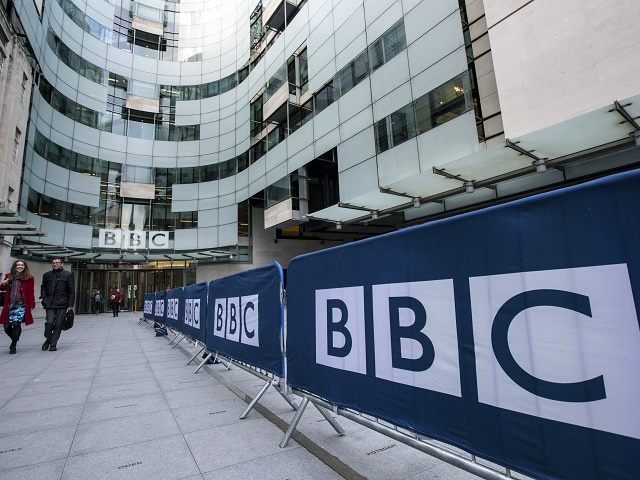The British Broadcasting Corporation (BBC) has claimed that its services are so important and informative that accessing them is a “basic human right”.
In a submission to the British government on the renewal of its charter, the state broadcaster warned that some of its most popular shows could face the axe if the government forces it to be more distinct from commercial rivals.
It also heaped praise upon itself, saying its output leads to “external benefits to society through, for example, creating a richer culture, promoting democratic debate and building a stronger sense of community through shared experiences.”
It said that “access to culture, media and information should be a basic human right, ensured regardless of a person’s ability to pay” and that it has “an intrinsic mission: to provide programmes and services that people love and enjoy, and which inform, educate and entertain them as individuals.”
Culture Secretary John Whittingdale has questioned whether the BBC should be making popular entertainment shows such as Great British Bake Off and Strictly Come Dancing as they compete with commercial rivals. However, the BBC rejected this view in its submission yesterday.
“It does not make practical sense to say the BBC should only make a programme if another broadcaster never would,” it said.
“That would mean when ITV made Broadchurch, the BBC would have to stop making Happy Valley. Or it would mean that we should stop doing EastEnders because ITV does Coronation Street.
“The BBC makes good popular programmes – if we withdrew, audiences would have less choice. The value of – and public support for – the BBC comes from the range and depth of its content.”
It also rejected the idea of replacing the compulsory licence fee – which every UK household with a TV has to pay – in favour of a subscription model.
“Subscription funding… is the wrong model for the BBC in principle and in practice. It would harm UK content investment and quality, restrict access for audiences, particularly the poorest, and increase the cost they pay.”
The BBC’s arguments were dismissed, however, by the Axe The TV Tax campaign, who wrote in their own submission that the licence fee should be “a relic of the past”.
“There is no justification in the 21st Century for a compulsory levy that goes to fund one broadcaster,” the group said.
“The Government should instruct the BBC that it needs to prepare for change, and also instruct the BBC to report to the Secretary of State for Culture, Media and Sport on how it is going to move from the licence fee to a subscription based service.
“As soon as is practically possible, the licence fee should be scrapped.”

COMMENTS
Please let us know if you're having issues with commenting.